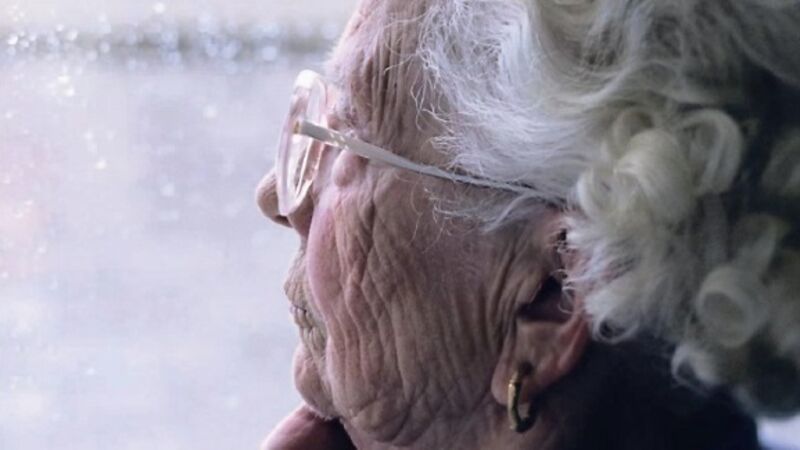Brains that adapt to ageing ‘better at maintaining memory’

The question asked by neuroscientists at Trinity College Dublin, who carried out the study, was whether older adults who displayed better memory performance did so because their brain function hadn’t changed much with age (preservation hypothesis) or if their brains had adapted to overcome memory shortcomings (compensation hypothesis).
An examination of their brainwave pattern during a memory test found there were changes compared to a younger person’s brainwave pattern — albeit positive ones.













